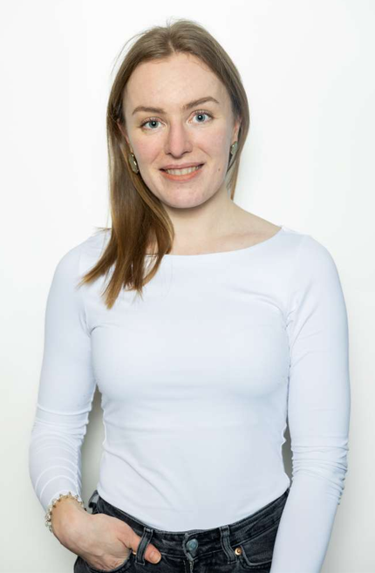Investigating the effect of compression on protoplasts using microfluidics
Daria Bugakova is a PhD student in the department Biomedical and Environmental Sensorsystems. (Co)Promotors are prof.dr.ir. L.I. Segerink and dr. J.T. Loessberg-Zahl from the faculty of Electrical Engineering, Mathematics and Computer Science from the University of Twente.
 Protoplasts are plant cells which have had their cell walls enzymatically removed. They can be isolated from almost any plant tissue of many different plant species. The key feature of protoplasts is that they can be induced to regenerate from a single cell back into a full plant. The ability of protoplasts to regrow into a full plant makes them a great candidate for genetic reprogramming, allowing researchers to improve the plant's characteristics, such as draught resistance or immunity to pathogens. The regeneration of a protoplast into a specific tissue type or a whole plant is a complex, time and labor-consuming task with a yield that is not easy to predict, as all the factors affecting the regeneration efficiency, both internal and external, are not yet fully understood.
Protoplasts are plant cells which have had their cell walls enzymatically removed. They can be isolated from almost any plant tissue of many different plant species. The key feature of protoplasts is that they can be induced to regenerate from a single cell back into a full plant. The ability of protoplasts to regrow into a full plant makes them a great candidate for genetic reprogramming, allowing researchers to improve the plant's characteristics, such as draught resistance or immunity to pathogens. The regeneration of a protoplast into a specific tissue type or a whole plant is a complex, time and labor-consuming task with a yield that is not easy to predict, as all the factors affecting the regeneration efficiency, both internal and external, are not yet fully understood.
The complexity of the regeneration process makes it difficult to investigate the sub-processes happening therein. There are phenomena that still bear exploration even in the early, single-cell stage of regeneration. For example, the point of time of the first division has been shown to be influenced by many different external factors like hormone levels and osmotic stress, but other influencing factors like mechanical stimulation have only been explored in experiments that combine them with other factors.
In this thesis, we investigated whether the application of mechanical compression on a single protoplast in a finely controlled microfluidic environment can affect their divisions and cell wall regeneration. Microfluidics served here as an engineering tool, that enabled us to reproducibly apply stimuli to cultured cells and closely observe the result. In this thesis, microfluidic platforms were used to investigate the initial divisions of freshly isolated protoplasts of Nicotiana tabacum, a widely used model plant species. Uniquely, our devices allowed us to affect these protoplasts with mechanical compression without also introducing other known factors of influence like osmotic stress. Our microfluidic device was designed to be compatible with high-content imaging platforms, allowing us to generate large time-resolved image datasets of cell behavior. Due to the large quantities of data generated on this platform and the sometimes subtle effects that compression has on the regeneration process, we recognized a strong need for automated tools for data analysis. Additionally, such a rich dataset could serve as the input for a prediction model that would make it possible to predict the outcome of the regeneration of a single protoplast based on its initial image. Such a model would be of great value both for fundamental biology, as it can help identify specific features crucial for the regeneration success, and the crop industry, as then it can significantly improve the efficiency of the regeneration process. Under the umbrella of the SEARCH grant, awarded by the Electrical Engineering, Mathematics and Computer Science faculty of the University of Twente, we were working towards this goal by combining our expertise in the field of computer science (image postprocessing), mathematics (cell behavior prediction modeling) and electrical engineering (microfluidics). This research was done in collaboration within EEMCS faculty with Dr. Shunxin Wang and Dr. Nicola Strisciuglio (Data Management & Biometrics group) and PhD candidate Sven Dummer and Prof. dr. Christoph Brune (Mathematics of Imaging & AI group).




